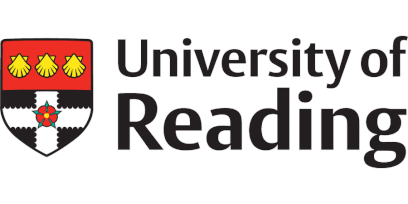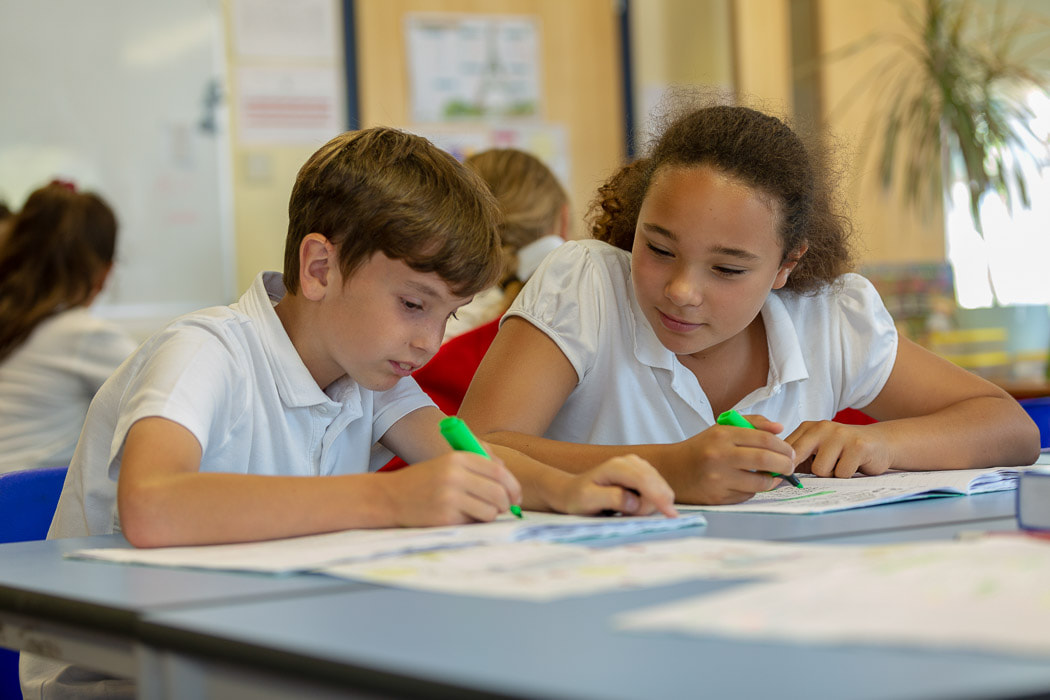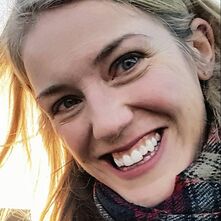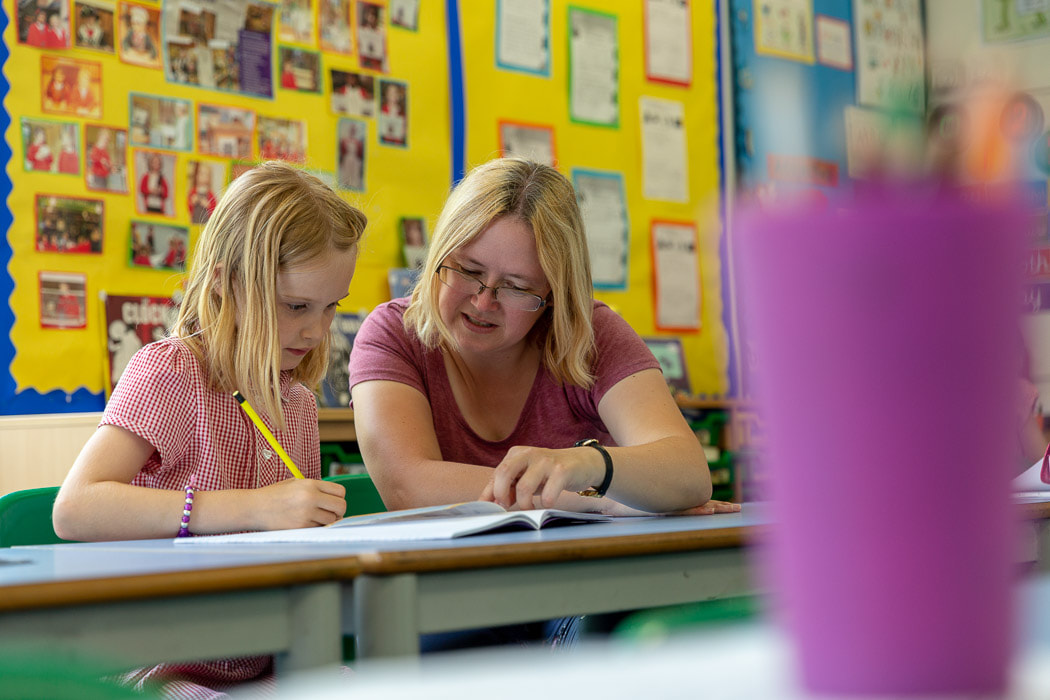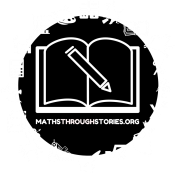What is this research project about?
This research sets out to explore the extent to which mathematical talk of Year 5 children (9-10 years old) can be fostered through children co-creating short mathematical story picture books. Altogether, around 120 children in the Southeast of England will be part of this study.
The study is funded by the British Academy / Leverhulme Trust, and it has been formally approved by the Ethics Committee of the University of Reading's Institute of Education in December 2022.
The study is funded by the British Academy / Leverhulme Trust, and it has been formally approved by the Ethics Committee of the University of Reading's Institute of Education in December 2022.
Potential benefits of our research
The findings of the study will be useful for school leaders and mathematics teachers as insight into the extent to which children's mathematical talk can be fostered through children co-creating short mathematical story picture books will be explored and shared widely. Such insight is important as mathematical talk can help develop children’s mathematical thinking.
About the Researcher
|
Dr. Natthapoj Vincent Trakulphadetkrai is an Associate Professor of Mathematics Education at the University of Reading's Institute of Education.
As a leading expert in the research field of using story picture books to enhance mathematics teaching and learning, he created and leads the non-profit MathsThroughStories.org project, which sets out to investigate various aspects of the use of mathematical story picture books. The project's website also offers valuable and free on-line resources for parents and teachers. Since its launch in March 2017, the website has now been viewed over 1,000,000 times by more than 300,000 teachers and parents from over 210 countries around the world. To date, Dr. Trakulphadetkrai has delivered his popular Maths Through Stories training workshop to over 3,500 pre- and in-service teachers across the UK and internationally. |
Research Assistants
|
Deborah Buttery
A PhD in Education student Institute of Education, University of Reading Deborah qualified as a secondary school teacher in 2006, and has since taught all ages, from Reception to Year 13. Her main area of expertise is French, but she has also taught German and Spanish. She is currently teaching part-time in an independent prep school in London, while also pursuing her part-time PhD research on the use of literature in the primary languages classroom. Deborah has a Disclosure and Barring Service (DBS) certificate which she will be bringing with her to all her data collection visits at schools. |
|
Sithy Dane Ebrahim
An MA in Education student Institute of Education, University of Reading Sithy qualified as a primary school teacher in 2019, and has since taught different age groups across the primary school phases. She is currently working as a part-time Year 4 teacher at a state primary school in Berkshire, while also studying for a part-time MA in Education degree. Sithy has a Disclosure and Barring Service (DBS) certificate which she will be bringing with her to all her data collection visits at schools. |
What will happen if my school's Year 5 classes take part in this study?
Phase 1 of the study
All Year 5 children at your school will be invited to complete a few short baseline tests designed to measure their foundational knowledge of fractions. These tests will be administered to a whole class in person by a Research Assistant, and will take around 40 minutes only. These tests will take place during school hours.
Children who do not give assent (and/or their parents do not give consent for them) to be part of the study will be asked to do quiet reading during the test time instead. They will also not be part of the study’s Phase 2.
Phase 2 of the study
Within each Year 5 class, 6 mathematically lower attaining (MLA) children and 6 mathematically higher attaining (MHA) children – as identified based on their Phase 1 test performance - will be selected and invited to take part in the study’s Phase 2. Each of these 12 children (within each class) will be randomly allocated to either the intervention cohort or the comparison cohort, generating the six following pairs within each class: the intervention cohort = a MLA+MLA pair, a MHA+MHA pair and a MLA+MHA pair, and the comparison cohort = a MLA+MLA pair, a MHA+MHA pair and a MLA+MHA pair.
The intervention cohort children (3 pairs of children per class) will be working in pairs in one 40-minute session to collaboratively create one short story picture book about fractions. The book will be about 5-6 pages only. The children will be asked to think of a storyline in which fractions can be meaningfully embedded, and to consider how the fractions in their short story picture book are going to be visually represented through their page illustrations.
The comparison cohort children (3 pairs of children per class) will be working in pairs in one 40-minute session to collaboratively solve fraction problems on worksheets as drawn from England’s Department for Education-approved Year 5 Mathematics textbooks (i.e., ‘Maths - No Problem!’ by Maths No Problem, and ‘Power Maths’ by Pearson).
The sessions will take place during school hours. A Research Assistant will be working with each pair of children at a time and at a desk just outside their classroom to ensure that their conversation can be recorded clearly while the children are still physically close to their teacher for safeguarding purposes. Depending on the children’s and their parents’ permission, these sessions will either be video-recorded or audio-recorded.
Children’s works (i.e., intervention cohort children’s story picture books and comparison cohort children’s completed worksheets) will be collected by the Research Assistant at the end of each session to aid the study’s analysis of children’s mathematical talk, and will be returned to the children (via the school) after the analysis has been completed.
We will also need four pieces of background information of the participating children (i.e., their gender, their birthdate, their Free School Meal (FSM) status and whether English is their home language or not) for our analysis to help ensure that differences in children’s gender, age and background will not unfairly affect the research results.
All Year 5 children at your school will be invited to complete a few short baseline tests designed to measure their foundational knowledge of fractions. These tests will be administered to a whole class in person by a Research Assistant, and will take around 40 minutes only. These tests will take place during school hours.
Children who do not give assent (and/or their parents do not give consent for them) to be part of the study will be asked to do quiet reading during the test time instead. They will also not be part of the study’s Phase 2.
Phase 2 of the study
Within each Year 5 class, 6 mathematically lower attaining (MLA) children and 6 mathematically higher attaining (MHA) children – as identified based on their Phase 1 test performance - will be selected and invited to take part in the study’s Phase 2. Each of these 12 children (within each class) will be randomly allocated to either the intervention cohort or the comparison cohort, generating the six following pairs within each class: the intervention cohort = a MLA+MLA pair, a MHA+MHA pair and a MLA+MHA pair, and the comparison cohort = a MLA+MLA pair, a MHA+MHA pair and a MLA+MHA pair.
The intervention cohort children (3 pairs of children per class) will be working in pairs in one 40-minute session to collaboratively create one short story picture book about fractions. The book will be about 5-6 pages only. The children will be asked to think of a storyline in which fractions can be meaningfully embedded, and to consider how the fractions in their short story picture book are going to be visually represented through their page illustrations.
The comparison cohort children (3 pairs of children per class) will be working in pairs in one 40-minute session to collaboratively solve fraction problems on worksheets as drawn from England’s Department for Education-approved Year 5 Mathematics textbooks (i.e., ‘Maths - No Problem!’ by Maths No Problem, and ‘Power Maths’ by Pearson).
The sessions will take place during school hours. A Research Assistant will be working with each pair of children at a time and at a desk just outside their classroom to ensure that their conversation can be recorded clearly while the children are still physically close to their teacher for safeguarding purposes. Depending on the children’s and their parents’ permission, these sessions will either be video-recorded or audio-recorded.
Children’s works (i.e., intervention cohort children’s story picture books and comparison cohort children’s completed worksheets) will be collected by the Research Assistant at the end of each session to aid the study’s analysis of children’s mathematical talk, and will be returned to the children (via the school) after the analysis has been completed.
We will also need four pieces of background information of the participating children (i.e., their gender, their birthdate, their Free School Meal (FSM) status and whether English is their home language or not) for our analysis to help ensure that differences in children’s gender, age and background will not unfairly affect the research results.
Timeline
December 2022 Recruiting schools for the research project.
Spring 2023
- Sending the project's Information Sheets and Consent Forms to participating schools' Headteachers, Year 5 teachers as well as Year 5 children (and their parents). Collecting back signed Consent Forms from participants.
- Collecting baseline data (40 minutes per class)
- Observing and recording children working in pairs (40 minutes per each pair of children; six pairs of children per class)
Spring 2023
- Sending the project's Information Sheets and Consent Forms to participating schools' Headteachers, Year 5 teachers as well as Year 5 children (and their parents). Collecting back signed Consent Forms from participants.
- Collecting baseline data (40 minutes per class)
- Observing and recording children working in pairs (40 minutes per each pair of children; six pairs of children per class)
